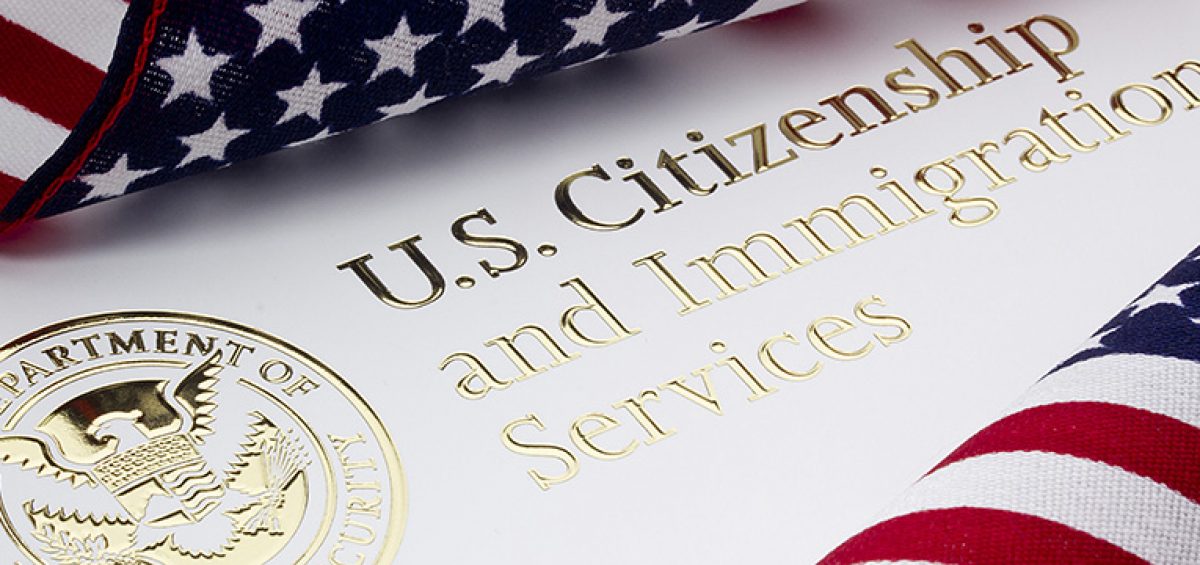A general reference guide of US immigration opportunities for foreign entrepreneurs.
An entrepreneur is someone who assumes a significant amount of financial risk to turn an innovative idea into a profit-making business. In the United States, foreign-born entrepreneurs have been a prominent force behind fueling US economic growth and job creation. Though there is no specific single class of visas under US immigration laws that allow foreign business owners and entrepreneurs to establish or grow a business in the US, there are many legal avenues and US business visas for foreign entrepreneurs that qualify.
Please keep in mind, this article is only intended to provide a general reference and overview for some of the business opportunities available to foreign entrepreneurs. Before making any decisions, you should consult with an immigration attorney who can provide legal guidance specific to your goals and needs.
Business avenues available to certain foreign entrepreneurs include temporary and permanent options, such as:
- International Entrepreneur Rule: This rule has finally taken effect, and entrepreneurs that meet the program requirements are free to apply.
- E, H-1B, L-1 and O visas: Temporary employment-based visas that encompass certain future entrepreneurs.
- EB-1 extraordinary ability green card, EB-1 multinational executive green card, National Interest Waiver, EB-5 investor visas: Permanent opportunities for international entrepreneurs who are seeking to obtain permanent residence in the US.
International Entrepreneur Rule
The International Entrepreneur Rule (IER) allows a qualifying applicant to enter the US for up to 5 years with work authorization. To be admitted into the US under the IER, the entrepreneur must own at least 10% of a start-up that is not older than 5 years, hold a central and active role, and have skills, knowledge, or experience that substantially assist with the growth and success of the start-up. Additional requirements are that the start-up have a significant public benefit, and investment of at least 250,000 from qualified investors or $100,000 in government grants.
E Visas
E-1 Treaty Trader Visas are for foreign nationals who conduct “substantial trade” between the US and the person’s country of nationality. The trade is considered substantial if it is sizable in terms of volume and monetary value, as well as continuous.
E-2 Treaty Investor Visas are for foreign nationals who come to the US to develop and direct the operations of a business venture in which they have invested, or are in the process of investing, a substantial amount of capital.
H-1B Visa
Generally, H-1B visas allow employers to petition for foreign professionals to work in “specialty occupations” that require at least a bachelor’s degree. H-1B visas require a valid employer-employee relationship between the company and the foreign employee. In situations where a foreign employee happens to be the self-employed business owner, the entrepreneur will be unable to prove a valid employer-employee relationship. Therefore, the entrepreneur must become an employee of the company, which can be accomplished by establishing an independent board of directors that can exercise control over the entrepreneur’s employment.
L Visa
The L-1 Intracompany Transfer Visa is available to employees of international companies who are going to be transferred to a parent, branch, affiliate or subsidiary within the US. The employee must have been employed with the foreign transferring organization for at least 1 year within the past 3 years, and the employee must be a manager, executive or possesses specialized knowledge.
EB-1 Extraordinary Ability Visa
The EB-1 Extraordinary Ability Visa is an employment-based immigrant visa that allows foreign nationals who are recognized at the top of their respective fields to obtain US permanent residency. This first preference category breaks into 3 subcategories: (1) individuals of extraordinary ability in the sciences, arts, education, business or athletics; (2) outstanding professor and researchers; and (3) multinational managers or executives.
National Interest Waiver
International entrepreneurs and investors may qualify for permanent residence in the US through National Interest Waiver if they can show that the creation and operation of their business will produce significant benefits and is deemed to be in the national interest. The visa considers the “potential prospective impact” of the entrepreneur’s intended work, and gives great consideration to the individual’s qualifications and what the foreign national seeks to accomplish.
EB-5 Investor Visas
Up to 10,000 EB-5 visas are available to foreign investors. To qualify for an EB-5 visa, a foreign national must invest at least $1 million to establish a “new commercial enterprise” or invest in a “troubled business” that directly employs at least 10 full-time US citizen employees. Another way to qualify for an EB-5 visa is to invest $500,000 in a job-creating business that is located in an area suffering from unemployment at 150% of the national average, or in a rural area.
Conclusion
There are a variety of channels available to international entrepreneurs who seek to enter the United States to start or grow a business. Proper planning and assistance from an immigration attorney can help to ensure that your business goals are matched with your immigration opportunities.

